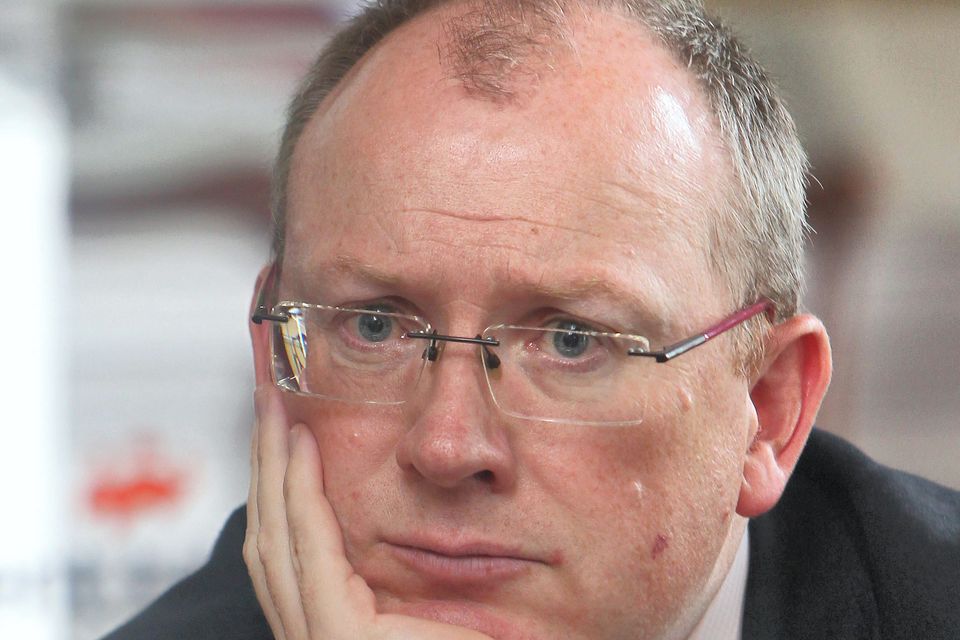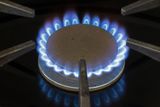Sale of Springboard bolsters PTSB ahead of Europe-wide stress test
Permanent TSB chief Jeremy Masding
State owned lender Permanent-TSB has agreed to sell its sub-prime Springboard mortgage business to Mars Capital.
The bailed out bank is selling so called non-core assets as management seek to return the lender to profit following the financial crash.
The Springboard sale includes loans with a face value - the amount owed - of €468m, and €350m of these are non-performing.
The loans are reckoned to have been sold for around €250m.
UK-based Mars Capital has previously acquired mortgages from IBRC, and will abide by the Central Bank's code of conduct on how best to deal with borrowers in arrears.
In Britain a unit of Mars Capital called Magellan Homeloans last year became one of the first new "non-conforming" or subprime mortgage lenders to emerge there since the financial downturn. It markets itself as a "credit repair" lender, providing finance to borrowers who have previously been through financial difficulties, including bankruptcy.
"This transaction completes an important part of our planned deleveraging programme and, importantly, it also confirms the adequacy of our provisioning methodology," Permanent-TSB's group chief executive, Jeremy Masding, commented.
"Non-conforming lending does have a limited role to play in a mature mortgage market, but it was not appropriate for us as at this time as we focus on our rebuilding task," Mr Masding added.
PTSB said that Mars Capital will comply with the terms of the Central Bank's Code of Conduct on Mortgage Arrears.
The proceeds from the sale will be used to reduce Permanent TSB's funding requirements in line with the group's ongoing restructuring of its balance sheet, the bank said.
While the loans are likely to have been sold below their face value, Permanent TSB said the impact on its so-called core equity tier one capital ratio will be positive.
Core tier one capital is a standard measure of a bank's strength, it is among the key figures to be looked at in the Europe-wide bank stress tests, results of which are due to be published on Sunday.
Permanent TSB is seen as the Irish bank least likely to pass the stress tests.
It will have to find €170m for every percentage point it falls short of European capital standards after this Sunday's ECB stress test results, if it fails the review.
Banks must have 5.5 such percentage points of spare capital, under the stress test terms.
But there is little risk of taxpayers being hit for fresh cash to cover any shortfall, because the bank already has a €400m cushion from taxpayers to help cope with the test results.
AIB and Bank of Ireland are regarded as better capitalised - meaning they would be better able to cope with a future shock because of cash already invested into the banks.
Join the Irish Independent WhatsApp channel
Stay up to date with all the latest news















